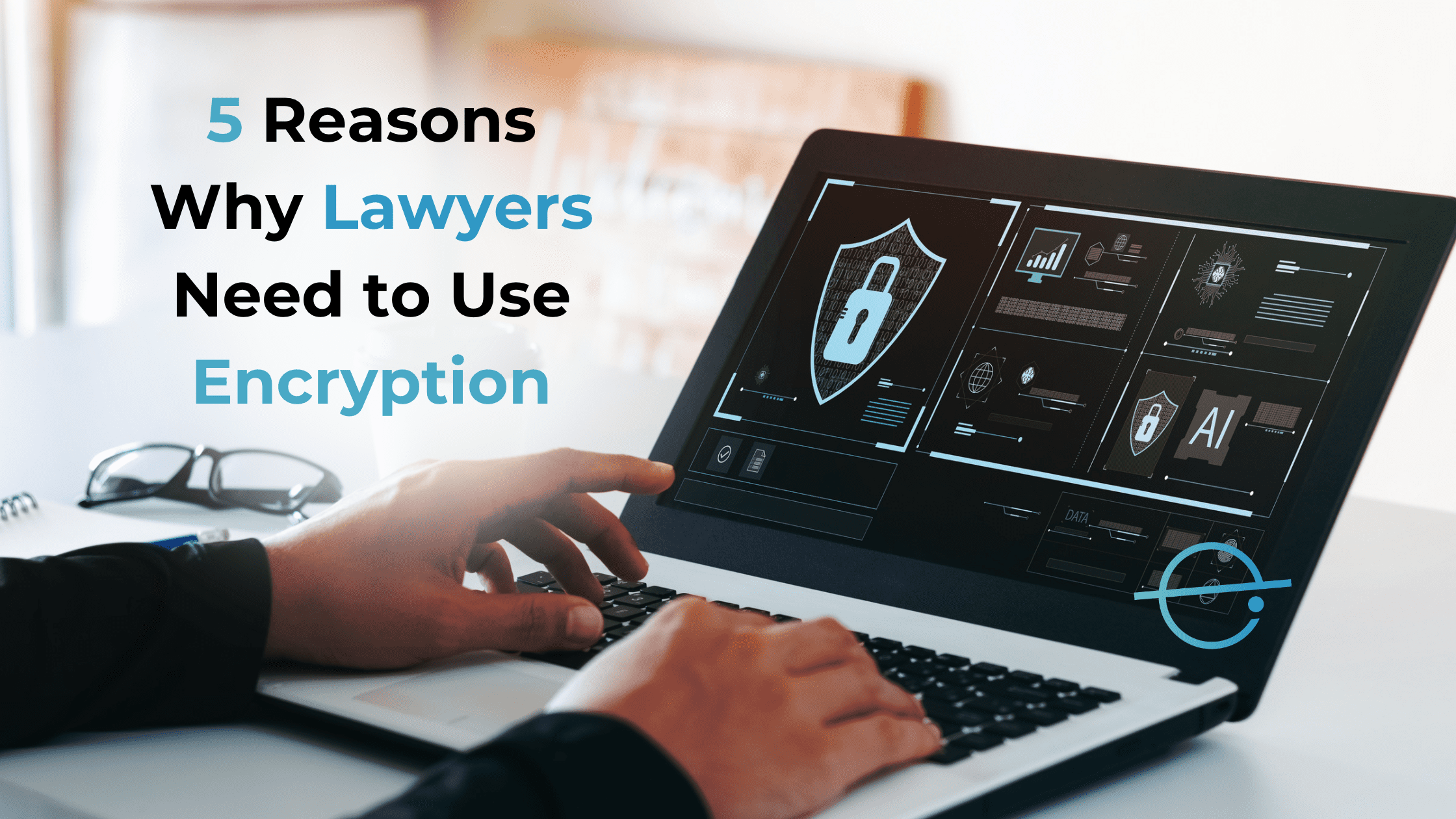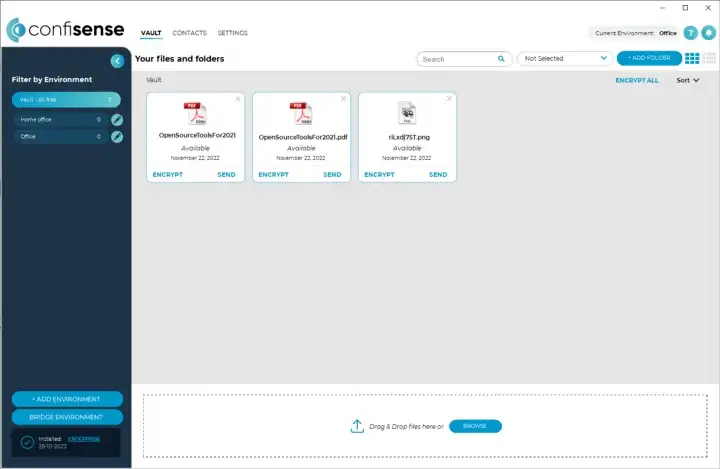Encryption is an effective tool for preventing data breaches and reducing the risk of cyber-attacks in the legal industry. Data breaches can have severe consequences for organizations, including financial losses, damage to reputation, and legal liabilities. In the legal industry, data breaches can be particularly damaging as they can compromise client confidentiality and the integrity of legal documents. By encrypting client information and legal documents, lawyers can prevent unauthorized access and reduce the risk of data breaches. This is especially important given the sensitive nature of legal documents and the potential consequences of a breach.
According to a report by the International Association of Privacy Professionals(IAPP), data breaches in the legal sector have increased by 11% in the last year. Many of these breaches result from unsecured mobile devices. Additionally, a study by the American Bar Association (ABA) found that the legal industry is particularly at risk for cyber-attacks, with 60% of law firms reporting that they have been victims of cyber-attack.
The cost of data breaches can also be significant for organizations. According to the 2020 Cost of a Data Breach Report by IBM and the Ponemon Institute, the average cost of a data breach for a U.S. company is $8.64 million, with the legal industry having an average price of $13 million.
The use of encryption can play an essential role in mitigating the risk of data breaches and cyber-attacks. It allows for secure data transmission over the internet and storage on mobile devices. It also ensures that in case of loss or theft of a device, the data stored on it remains unreadable to unauthorized parties.
Lawyers are encouraged to use encryption when transmitting or storing data, as well as to regularly update their mobile device security settings and install security software. It helps to ensure the security of sensitive client information and legal documents. In addition, it is also essential for legal professionals to stay informed about the latest encryption techniques and developments in the field to ensure that the data remains secure at all times.







